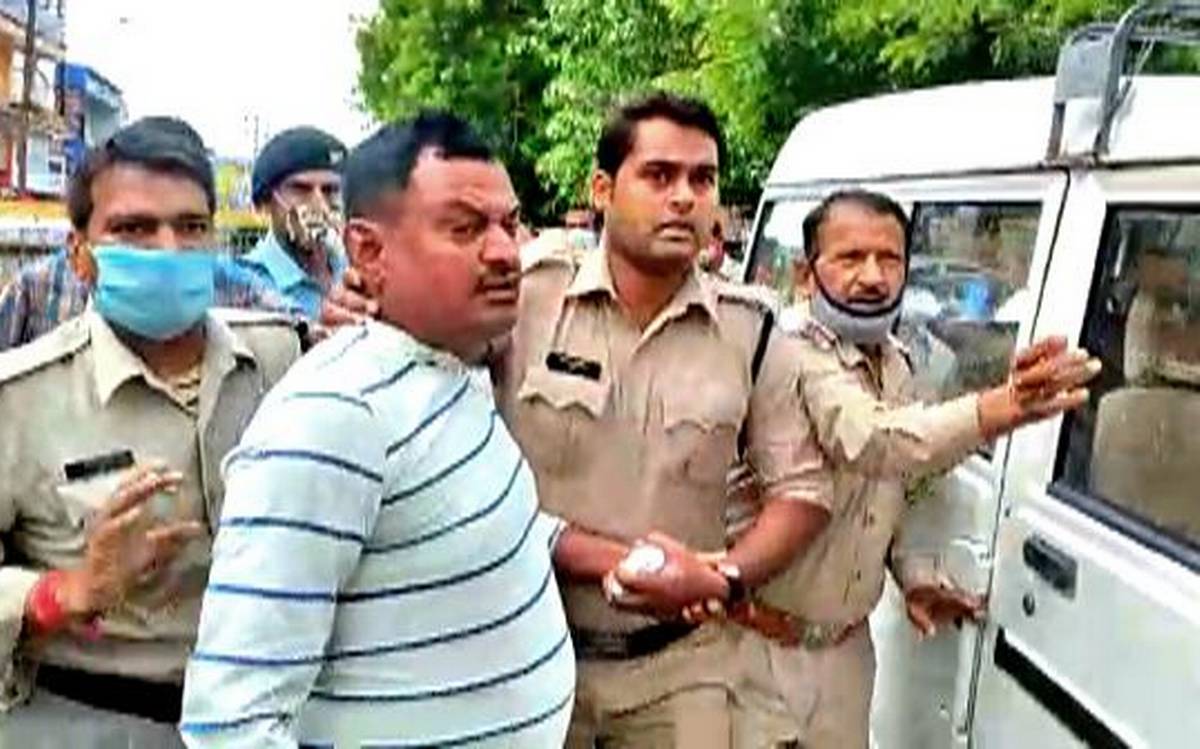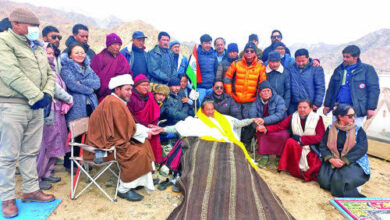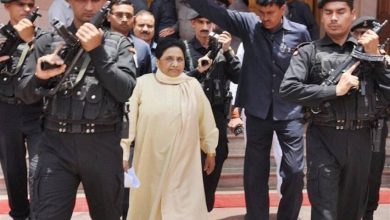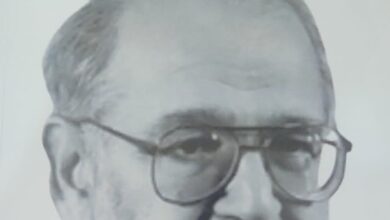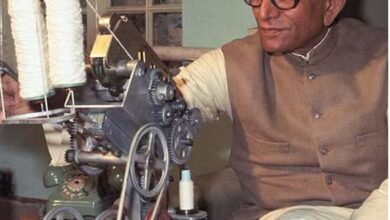Police Encounters and Our Justice Delivery Mechanism
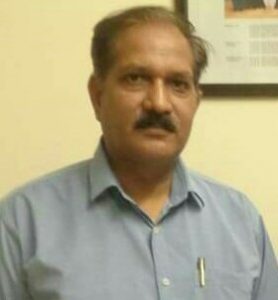
—Mohd Naushad Khan , Journalist , Delhi
After every encounter, the conspiracy theories are discussed and debated. The functioning of the police
force, criminal justice system, investigative process and the role of the establishment in place are also
questioned. Some justify the encounter while others believe that instant justice is against the rule of law.
People get natural justice after many years. Some time it takes more than a decade and sometime justice
is delivered after the death of the victim. The delayed justice for the victim comes after heavy piece and
no one actually imagine the trauma, agony and hardship faced by the victims while fighting their cases for
such long years.
Gradually people are losing faith in the justice delivery system for the simple reason that the case linger in
for years in the court and justice appears to the victims as a distant dream. These days instant justice
catching people’s imagination and that is why public opinion favours encounters. It may be right or wrong
if we look through the prism of our rule book. Public favoring encounters are the new norm for justice and
every encounter sets a wrong precedent and the case of Vikas Dubey is not an exception.
According to Dr. Hanif Qureshi, senior IPS officer who is presently IGP, India Reserve Battalion Gurgaon,
“The criminal justice system was designed to replace the law of the jungle which prevailed before the
dawn of civilization. In place of the rule of the mighty, the rule of law was held to be supreme. The law laid
down transparent procedures for all to see and built in systems to ensure justice is done. Article 21 of the
Constitution of India declares that no person shall be deprived of his life or personal liberty except
according to procedure established by law. Therefore, if a person has committed a crime, court trial as
per law will take place and if found guilty, the accused can be deprived of his life.”
“However, sometimes the justice system does not work towards this end and criminals go scot free. There
are 3.5 crore cases pending in district courts, High Courts and the Supreme Court in India. Justice
delayed is justice denied. The accused in these cases not only continue with their ill deeds but occupy
high offices sometimes. The faith of citizens is shaken. The encounter killings arise out of this despair, as
we have seen in Punjab, Mumbai, UP and other places. However, with the aim to deliver quick justice, the
police is itself breaking the law, and reverting to the old jungle system which prevailed earlier. There have
been many killed by the police under mistaken identity. Far too many encounter specialists have become
pawns in the hands of mafias or politicians and settle scores between businessmen or other rivals,” said
the IPS officer.
Dr Qureshi added, “The Supreme Court has rightly come down heavily on such encounters and NHRC
has mandated an FIR in all encounter cases. The way forward is to repair the broken justice system in
time. The lead for this must come from the Supreme Court which has already the recognized right to a
speedy trial. If the government works in tandem with the courts with the right intent, there is no doubt that
a speedy justice can be ensured and public opinion which currently favours encounter killings will
change.”
Ravi Nair, Director of South Asia Human Rights Documentation Centre while sharing a different
perspective on the issue said, “The opinion of the mob is not public opinion. However, it is true that
thanks to lack of informed education and the utter nonsense that passes off as news, presently, the
gullible citizen fails to distinguish between propaganda and factual truth. Public opinion in some parts of
the country supports extra judicial executions (EJES) as encounter deaths are known in India. They have
lost faith in the criminal justice system. It should not be forgotten that no one supports EJES in Kashmir or
Manipur. Citizens there are aware of state impunity and non accountability. There are no illusions.”
Nair while referring to how Jayaprakash Narayan (JP) had managed the mass surrender of dacoits said,”
“There were leaders like Jayaprakash Narayan (JP) who in 1972 arranged for the mass surrender of
dacoits who had committed murders and other heinous crimes. The affected population supported the
surrender. They did not bay for the blood of the surrendering dacoits. That is because JP and his
colleagues had done mass public education before the surrender. Today, no political party or social
organization does any mass popular education. The state machinery wants to foster the basest instincts
of the average citizen. An uninformed mob can be used by the state machinery to increase its
authoritarian powers. An informed citizenry wants peace and the rule of law.”
On the question of why victim’s family dream of instant justice, John Dayal, noted social and human
rights activist said, “It is in the Indian instinct, where traditional caste, patriarchy and feudalism has made
the human person subservient to authority. People want justice, which is felt necessity. But the system
does not deliver justice. Tyrants, tormentors, killers go unpunished and the poor victim's family suffers.
They dream of instant justice.”
“The government and the media set up the targets, and goad the people to demand blood. This is what
we see when rapists are concerned in some cases, lower castes attacking upper caste, and then they
start a campaign on TV. Then the authorities give them what they want. That is instant justice, of which
fake encounters is one example. Fake trails also happen. But we must not concord any shortcuts in
justice. And fake encounter threatens everyone. Its next victim will be an innocent Dalit, tribal, Muslim,
Sikh our Christian,” said Dayal.
As long as our justice delivery mechanism, criminal justice system, judicial and investigative process does
not become free, fair and transparent people will crave for instant justice. People’s faith in speedy and
natural justice has to be restored at the earliest which is essential for our judicial institutions. In Vikas
Dubey case the victims were both police and the people and they desired for instant justice. Instant
justice is now becoming a norm which is very dangerous for our justice delivery mechanism and
institutions.

